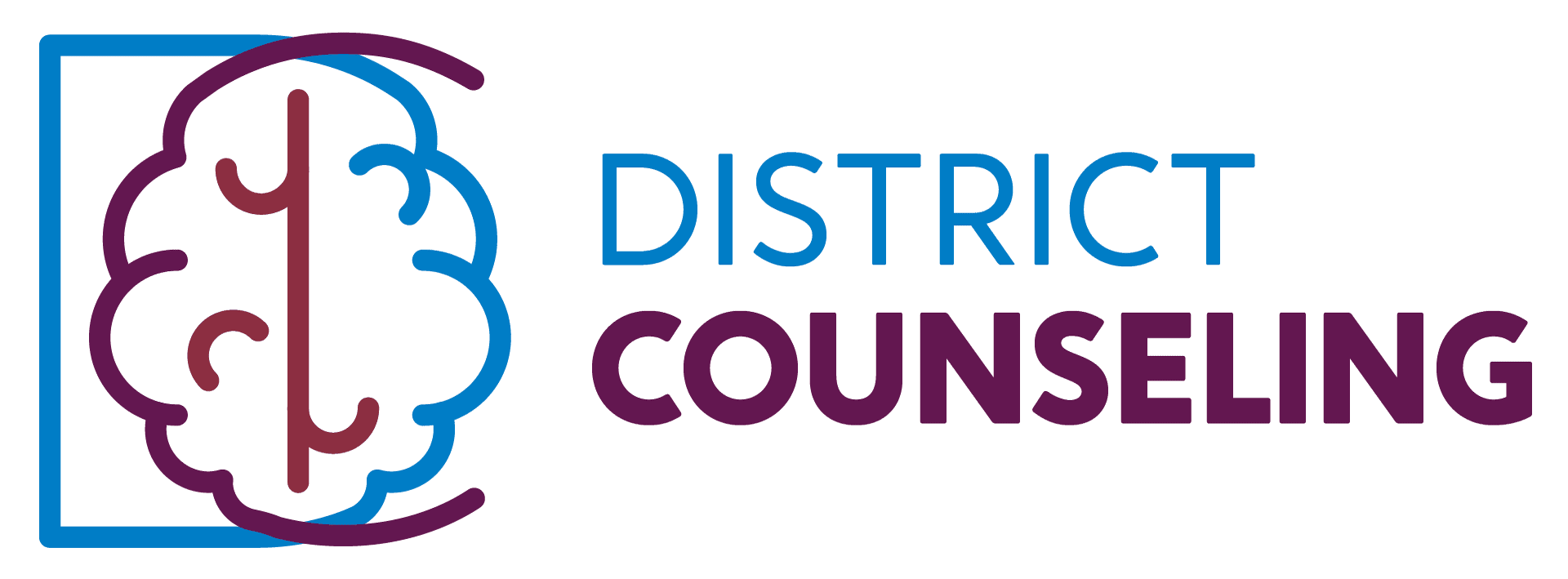Share Post
Does your Wednesday morning begin with a deep breath and a quick scroll through the news, only to leave you feeling heavier than before you started? One glance at the headlines today—from tense international relations and strikes to ongoing political controversies—is enough to make anyone’s shoulders creep up toward their ears. It’s that classic mid-week moment where the optimism of Monday has faded, Friday feels distant, and the weight of the world, delivered fresh to your phone, can feel particularly crushing.
If you’re feeling overwhelmed, you are not alone. This feeling of anxiety, helplessness, and fatigue related to the constant influx of difficult news is a shared modern experience. But how do we stay informed without sacrificing our mental peace?
Today, we’re approaching this common challenge in a Q&A format, tackling the questions many of us silently ask ourselves as we navigate the mid-week slump and a stressful news cycle.
Q: Why does the mid-week news feel particularly draining?
It’s not just your imagination. By Wednesday, your cognitive and emotional resources are already partially depleted from the start of the workweek. Think of your mental energy like a fuel tank. On Monday, it’s often full. By Wednesday, after two days of work, commuting, family responsibilities, and decision-making, you’re running on less.
This dip in resources makes you more vulnerable to stress. When you’re exposed to distressing news about global conflict or economic uncertainty, your brain’s threat detection system (the amygdala) goes into high alert. With fewer emotional reserves to process these threats logically, you’re more likely to experience:
* **Emotional Contagion:** Feeling the weight of the world’s problems as your own.
* **Increased Cortisol:** The stress hormone can spike, leading to physical symptoms like fatigue, headaches, and poor sleep.
* **A Sense of Helplessness:** Global problems can feel too big to solve, leading to feelings of hopelessness that bleed into other areas of your life.
It’s this combination of depleted personal energy and a heavy influx of external stressors that makes the Wednesday news cycle feel like a pile-on.
Q: I feel guilty for wanting to unplug. How do I balance staying informed with protecting my mental health?
This is the central challenge for many conscientious individuals. The key isn’t to become ignorant, but to become intentional. Uncontrolled consumption is what leads to burnout. Mindful engagement is the sustainable path forward.
Here’s how to strike that balance:
* **Schedule Your News Intake:** Instead of “snacking” on headlines all day, which keeps you in a constant state of low-grade alert, designate specific, brief windows to catch up. Maybe it’s 15 minutes in the morning and 15 minutes in the evening. Outside of those times, turn off notifications.
* **Choose Your Sources Wisely:** Opt for sources that provide factual reporting rather than sensationalism. Differentiate between “need to know” information (things that directly impact your life and safety) and “nice to know” information (endless commentary and speculation).
* **Practice the “Control, Influence, Accept” Model:** When you read a story, categorize it. Is this something you can **control**? Is it something you can **influence** (e.g., through donations, local volunteering, or advocacy)? Or is it something you must **accept** as outside your sphere of influence? This mental sorting can prevent feelings of helplessness from taking over.
For many, navigating this guilt is complex. If you find that feelings of anxiety or responsibility are becoming overwhelming, speaking with a professional can help you develop personalized strategies. A **Therapist in Houston** can provide a confidential space to explore these feelings and build resilient coping mechanisms.
***
Ready to find a better way to process the world around you?
Sometimes, managing stress isn’t about avoiding the cause, but about strengthening your capacity to handle it. Our team offering **counseling in Texas** is here to help you build that resilience.
***
Q: What is a practical, in-the-moment technique I can use when a headline makes me feel anxious?
When you feel that immediate jolt of anxiety after reading a difficult story, your sympathetic nervous system has taken over. The goal is to activate your parasympathetic nervous system, your body’s natural “brake.”
Try this simple grounding technique called **Physiological Sighing**:
1. **Find a comfortable seat.** Close your eyes if you feel comfortable doing so.
2. **Take two sharp, consecutive inhales through your nose.** The first inhale should be the main one, and the second should be a shorter, smaller sip of air to fully inflate your lungs. (Imagine filling a balloon and then adding that one extra puff of air at the end).
3. **Exhale slowly and fully through your mouth.** Make the exhale significantly longer than the combined inhales.
4. **Repeat 3-5 times.**
This technique is scientifically shown to rapidly calm the nervous system. It offloads carbon dioxide efficiently and signals to your brain that you are safe, bringing you out of that fight-or-flight response triggered by the news.
Q: When does “news stress” become something more serious that might require professional help?
It’s normal to be affected by world events. However, it’s time to consider seeking support when your stress symptoms become persistent and start interfering with your daily life. Ask yourself:
* Is my anxiety or low mood lasting for most of the day, for several weeks?
* Am I having trouble sleeping or experiencing changes in my appetite?
* Am I withdrawing from hobbies, social activities, or relationships I once enjoyed?
* Do I feel perpetually on edge, irritable, or hopeless?
* Are my worries becoming obsessive, where I can’t stop thinking about negative news stories?
If you answered “yes” to some of these, it may be more than just stress. These can be signs of a developing anxiety or depressive disorder. Reaching out for professional guidance is a sign of strength. In complex cases, a combination of therapy and medication may be recommended. Consulting with a **Psychiatrist in Texas** can provide a comprehensive evaluation and discuss all available treatment options, including whether services like **Psychiatry in Houston** could be beneficial.
You don’t have to carry the weight of the world on your own. Learning to manage the stress of our interconnected world is a skill, and like any skill, it can be taught and strengthened. This Wednesday, give yourself permission to acknowledge the stress, take intentional steps to manage it, and remember that support

Arely Ambriz
November 19, 2025
Can’t Look Away? Your Mid-Week Guide to Managing Headline Stress
Feeling anxious and overwhelmed by the news? Learn why the mid-week news cycle feels so draining and discover practical tips to stay informed without sacrificing your mental health....

Arely Ambriz
November 18, 2025
The Hidden Ledger: Balancing Ambition and Burnout on National Entrepreneur’s Day
Feeling the “founder mindset” leading to burnout? Discover actionable steps, like our “Energy Audit,” to reclaim your mental health and achieve a healthier work-life balance....

Arely Ambriz
November 17, 2025
Beyond the Signal: Charting Your Own Path to a New Beginning
Feeling disconnected? Learn how to build your inner infrastructure for a new beginning. Discover actionable steps and the importance of professional support for mental health, including therapy and psychiatry in...

Arely Ambriz
November 14, 2025
Houston, We Have a Weekend: Navigating Your Final Descent into Work-Life Balance
Discover how global crises impact your well-being and learn practical grounding techniques like 5-4-3-2-1 to manage anxiety and compassion fatigue in a fast-paced world....

Arely Ambriz
November 13, 2025
Beyond ‘Please’ and ‘Thank You’: How World Kindness Day Reveals the Secret to a Stronger Relationship
Discover how global crises impact your well-being and learn practical grounding techniques like 5-4-3-2-1 to manage anxiety and compassion fatigue in a fast-paced world....

Arely Ambriz
November 12, 2025
Finding Your Footing When the World Feels Heavy
Discover how global crises impact your well-being and learn practical grounding techniques like 5-4-3-2-1 to manage anxiety and compassion fatigue in a fast-paced world....

Arely Ambriz
November 11, 2025
Beyond the Parade: A Veteran’s Silent Battle in the Breakroom
Help veterans navigate civilian transition. Learn about mental health challenges, workplace integration, and crucial support like counseling and psychiatry in Texas....

Arely Ambriz
November 10, 2025
When the Storm Hits on a Monday: Finding Your Way Back to a New Beginning
Discover resilience in the face of life’s storms. Whether it’s Typhoon Fung-wong’s aftermath or personal challenges, learn how to rebuild with courage, small steps, and community support. Explore actionable strategies...

Arely Ambriz
November 6, 2025
Beyond the Screen: Are Our Digital Habits Silently Harming Our Relationships?
Combat mid-week stress and “mental smog” with actionable strategies like box breathing and worry windows. Learn when to seek professional support from a therapist or psychiatrist in Texas or Houston...

Arely Ambriz
November 5, 2025
When the Air Isn’t Clear: Managing Mid-Week Stress in a Hazy World
Combat mid-week stress and “mental smog” with actionable strategies like box breathing and worry windows. Learn when to seek professional support from a therapist or psychiatrist in Texas or Houston...
